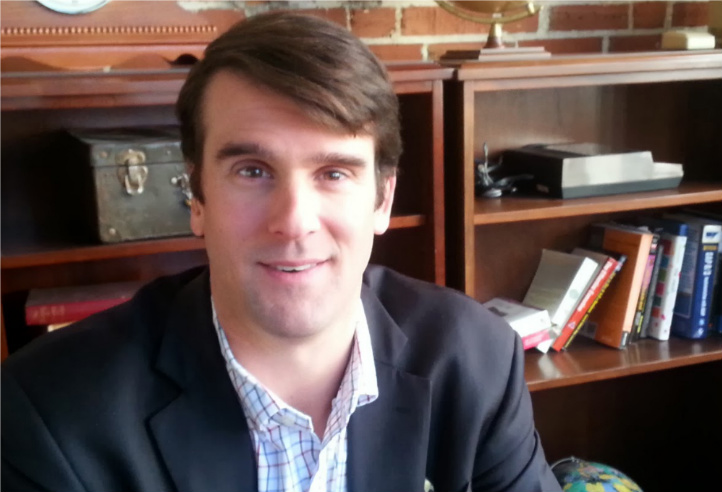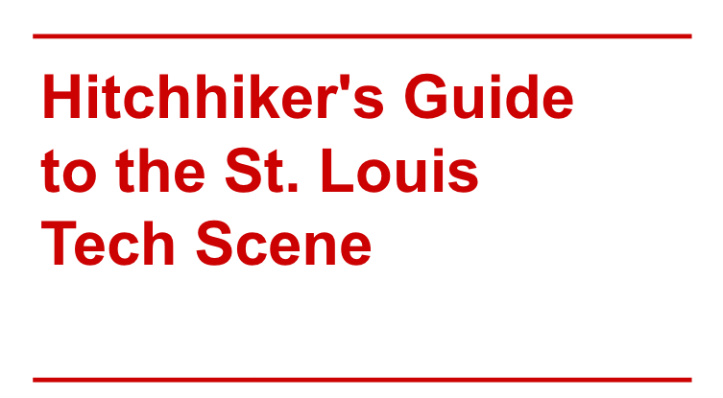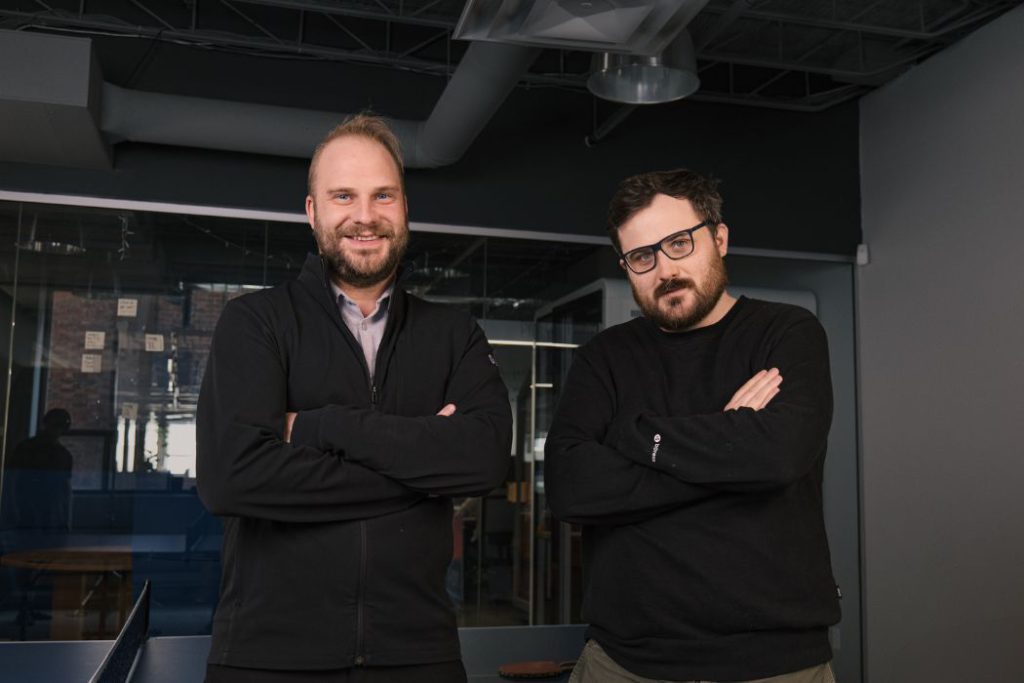What I’ve Learned: Rick Holton, Jr., Founding Partner of Cultivation Capital
Rick Holton, Jr. is a founding partner in Cultivation Capital, a venture capital firm located in St. Louis, Missouri that focuses on technology and health and life sciences.
Cultivation Capital was started…
because a bunch of guys like me were already investing and decided we can do better as a team. We all have different strengths, and by coming together we’re sharing them. It also gives us more money to play with collectively, and we already had an infrastructure in place with full-time employees, marketing, due diligence. We all still have day jobs.
I’m a very active investor
You learn more from sharing experiences than by telling people what to do. Hands-on involvement drives higher returns.
I’m gonna write you a check,
but I’m also going to get very involved, help you learn from my mistakes and use my relationships and experience.
That’s why people come to us
They know it gets them into a big family of people who want to see them succeed. To have Cultivation Capital invest in your company is like getting the “Good Housekeeping Seal of Approval.” We’re deep. We’ve got 12 MBA’s that just kick the crap out of these companies. If you get money from us you’ve been put through the ringer. Then other investors will invest because Cultivation Capital has.
We invest in
(startup accelerator) Capital Innovators because that’s our feed stock.
In 2014 we need to see
some big exits. We’re going to start seeing them next year. That’s what other cities do—start a company, sell it, start over. It’s happening.
We’ve created hundreds
of jobs on Washington Avenue
Investors need to get out of the closet,
so others will want to invest. We’ve made it easy to invest. There are 10 ways to do it. This town was built on entrepreneurship. People are so conservative here they don’t like talking about money. I’m not talking about bragging about wealth. It’s about finding something cool, investing and being involved. We need to cultivate a culture of being proud about investing and get people to be more open about the deals that they funded. That’s what happens in Silicon valley. It’s like merit badges in Boy Scouts.
Talking about it raises
the profile. My mission is to educate people on how to get involved. People should be proud. We’re changing the mindset. We’re working on it everyday.
For a lot of people,
it’s their first rodeo. We share experiences.
Give a little
money at a time.
People ask why do you do this
We do it because we love it and we were already doing it. It’s a lot more fun doing with with people you know. We are not professional venture capitalists. We’re all entrepreneurs. We know what to look for and how to raise money and work deals.
Next big thing
is going to be Arch Grants. Without Arch Grants, everything else goes away.
We want to see
Washington avenue with 100 percent occupancy by amazing tech companies. I want to see Ferraris and Lamborghinis lining the streets. And Teslas, of course. That’s what we’re building and it’s happening.
We don’t fund companies
We fund people. The information in this article comes from an interview conducted with Holton on the occasion of his being named to ALIVE magazine’s Buzz List highlighting St Louis’ best and brightest published last February.










